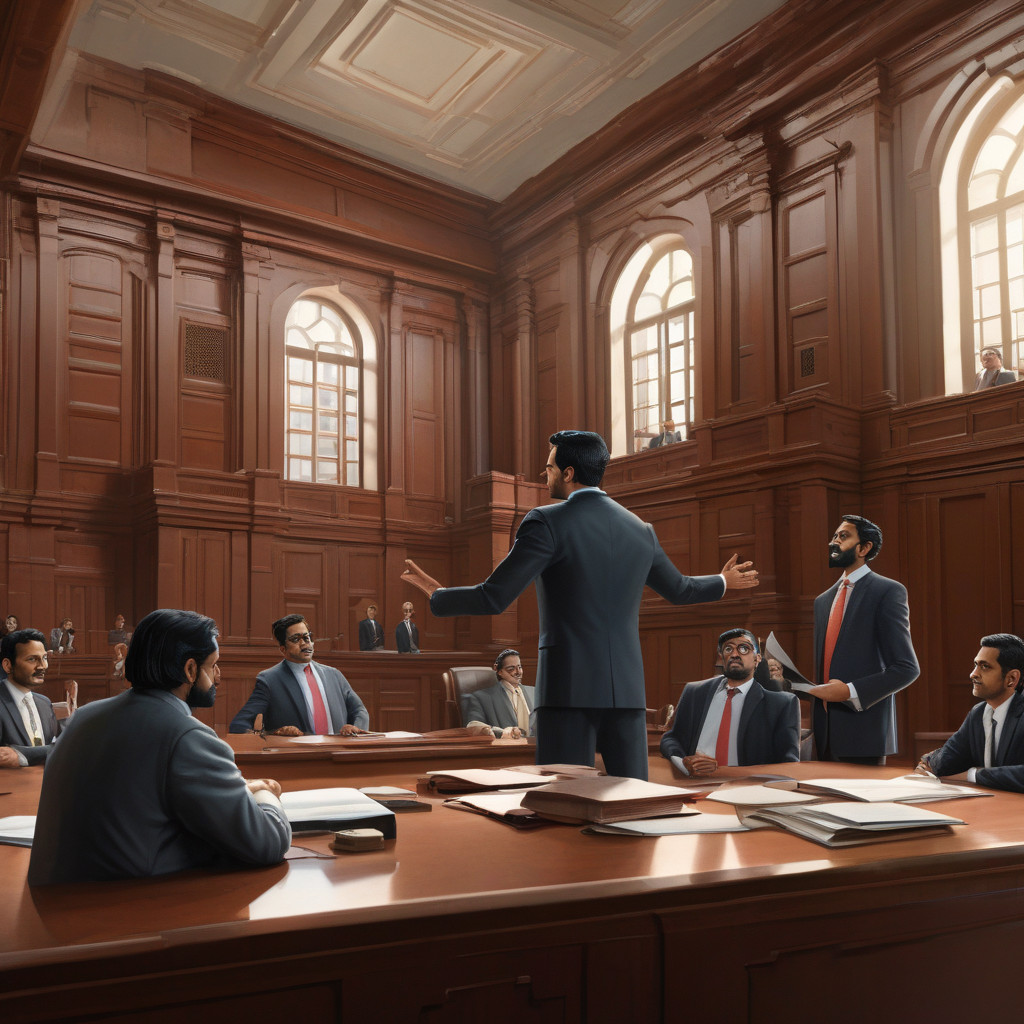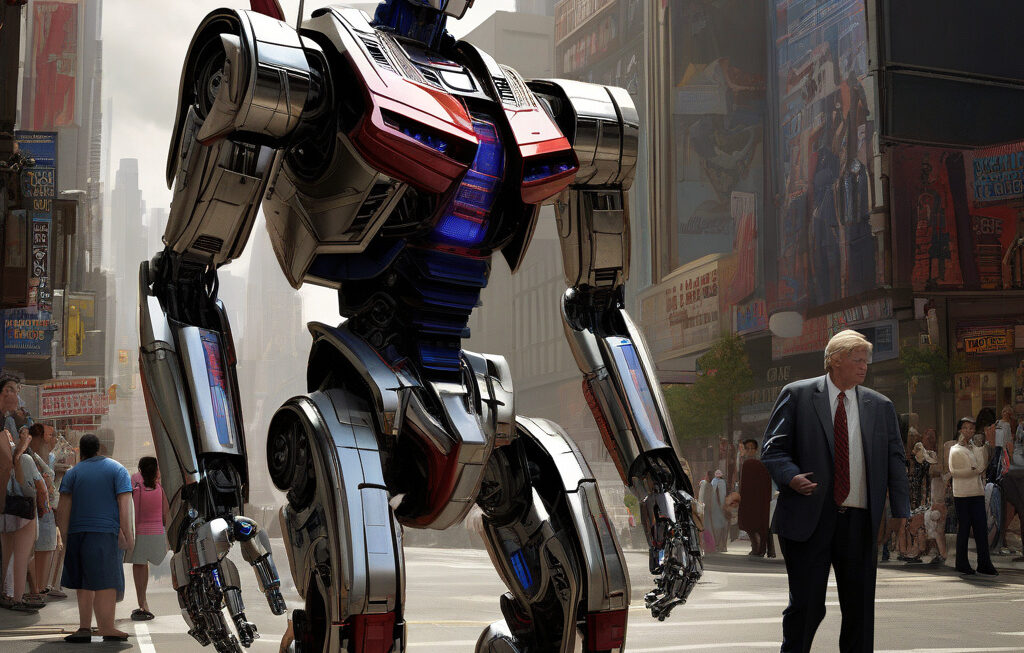OpenAI Fights Back in ANI Copyright Lawsuit in India
OpenAI, known for its groundbreaking work in artificial intelligence, finds itself embroiled in a legal battle over alleged copyright violations with the Indian news agency ANI. The lawsuit, which has garnered significant attention in both tech and legal circles, raises important questions about intellectual property rights in the ever-changing landscape of AI technology.
At the heart of the matter is ANI’s claim that OpenAI used its proprietary news content to train and develop advanced natural language processing models without permission. This has sparked a heated debate about the ownership of data and the extent to which AI organizations can utilize existing information to enhance their algorithms.
OpenAI, for its part, has vehemently denied the allegations, stating that its AI models were trained on a diverse range of publicly available data sources and that no specific content from ANI was used in the process. The company has emphasized its commitment to ethical AI development and respect for intellectual property rights, pointing to its track record of responsible innovation in the field.
Legal experts are closely following the case, as the outcome could have far-reaching implications for the AI industry as a whole. The intersection of intellectual property law and artificial intelligence is a complex and rapidly evolving area, with many gray areas and uncertainties. How courts choose to interpret and apply existing copyright laws to AI technologies will shape the future of innovation in this space.
One key issue at stake is the concept of fair use – the doctrine that allows limited use of copyrighted material without the need for permission. In the context of AI, where vast amounts of data are processed and analyzed to train models, the boundaries of fair use become blurred. Determining what constitutes transformative use versus direct copying is a central challenge in cases like the one between OpenAI and ANI.
Another aspect of the dispute is the question of data ownership. While copyright law traditionally protects the expression of ideas, not the ideas themselves, the rise of AI has complicated this distinction. Who owns the data used to train AI models, especially when it comes from publicly available sources like news articles? This case may provide some clarity on how data rights intersect with intellectual property rights in the digital age.
Ultimately, the OpenAI-ANI lawsuit underscores the need for clear legal frameworks and guidelines to govern AI development and deployment. As AI technologies become more pervasive in our lives, ensuring that innovation is balanced with respect for privacy, security, and intellectual property will be crucial. Companies like OpenAI play a pivotal role in shaping this future, and how they navigate legal challenges will set important precedents for the industry.
In conclusion, the legal battle between OpenAI and ANI highlights the complex issues surrounding copyright, AI, and data ownership in the modern technological landscape. As both sides present their arguments in court, the implications of this case will reverberate throughout the AI community and beyond, shaping the way we approach innovation and intellectual property rights in the digital age.
#OpenAI, #ANI, #CopyrightLawsuit, #AI, #IntellectualPropertyRights












